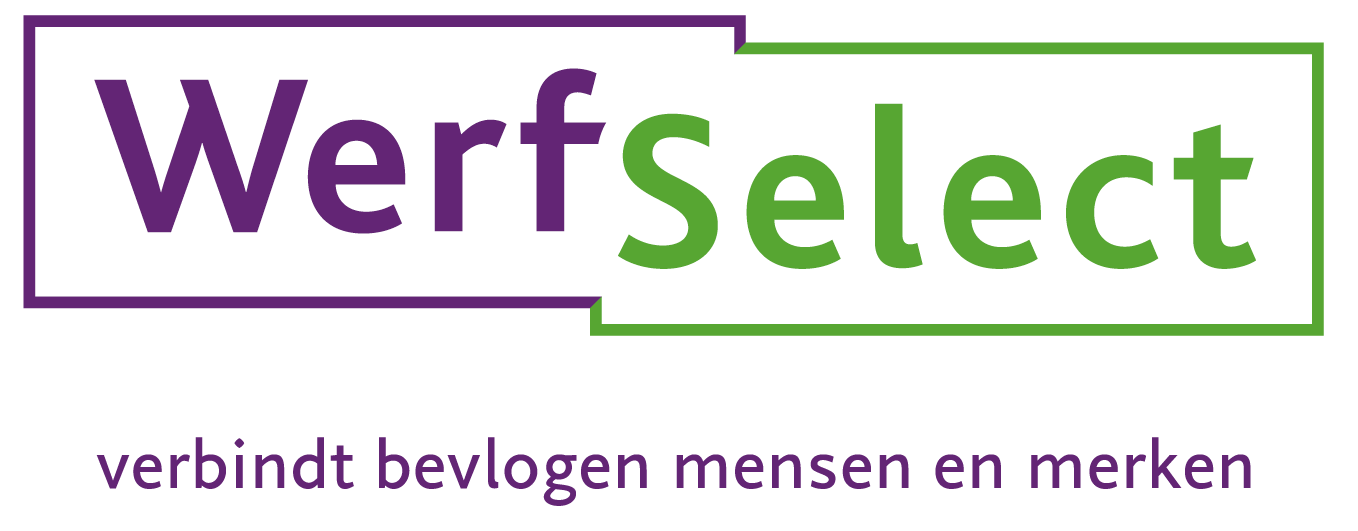The DBA Act, or the Deregulation of Assessment of Labor Relations Act, is an important topic for anyone working with freelancers and self-employed workers. It regulates the employment relationship between clients and the self-employed, but the complexity of the law often leads to confusion. In this article, we dive deeper into the DBA Act and its impact on collaboration between freelancers and clients. Read more about this in our white paper.
What exactly does the DBA Act entail?
The DBA Act was created to combat false self-employment. This means that it must prevent someone from working as a freelancer while actually being employed. The law provides guidelines for determining the employment relationship between clients and freelancers.
An important aspect of the DBA Act is that it encourages the use of model agreements. These agreements are intended to provide clarity about the employment relationship in advance. However, just using a model agreement is not enough. The practice of cooperation must match what is written on paper. The law places the responsibility on both the client and the self-employed worker to ensure that the employment relationship is clear and fair.
Why is there so much confusion about the DBA Act?
Much confusion surrounding the DBA Act stems from the interpretation of what exactly constitutes self-employment. The criteria for false self-employment are not always clear and can be interpreted differently in different situations. This makes it difficult for both clients and freelancers to know when they are complying with the law.
Moreover, there have been several changes in enforcement and guidelines since the law was introduced in 2016, leading to uncertainty and different interpretations. For example, the enforcement moratorium, which has since been lifted, meant that there were no strict controls for a long time, causing additional confusion.
What misconceptions exist about the DBA Act?
There are several misconceptions about the DBA Act that can cause problems. A common misconception is that the law would be particularly detrimental to self-employed workers. While the law is intended to protect them from false self-employment and the associated financial risks.
Another misconception is that the DBA Act only applies to sectors where false self-employment is common, such as healthcare and government. In reality, the law applies to all sectors where people work with freelancers. Some also think that the law only applies to paper agreements, while in practice the actual employment relationship is decisive.
How does the DBA Act affect the relationship between self-employed workers and clients?
The DBA Act has a direct impact on how self-employed workers and clients work together. It is important that both parties make clear agreements about the nature of the collaboration and comply with these agreements. This prevents a working relationship from later being classified as employment, which can have financial consequences for both parties.
In addition, the DBA Act ensures that clients are more conscious about hiring self-employed workers. They must ensure that there is no relationship of authority and that the self-employed person has sufficient freedom to perform the assignment as they see fit. This requires good communication and clear contracts.
What are the consequences of not complying with the DBA Act?
If the DBA Act is not complied with, both freelancers and clients may face legal and financial consequences. For clients, this could mean that they still have to pay payroll tax and social security contributions, including possible additional levies and fines.
Zzp’ers can lose their self-employed status and subsequently be classified as employees, which has tax and social security implications. It is therefore essential that both parties are aware of their responsibilities and clearly define and adhere to agreements.
If you have questions about the DBA Act or need help establishing a correct employment relationship, we at WerfSelect can support you with advice and practical solutions. Our goal is to help both clients and freelancers navigate this complicated matter and facilitate successful collaborations.






